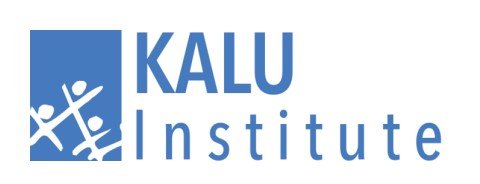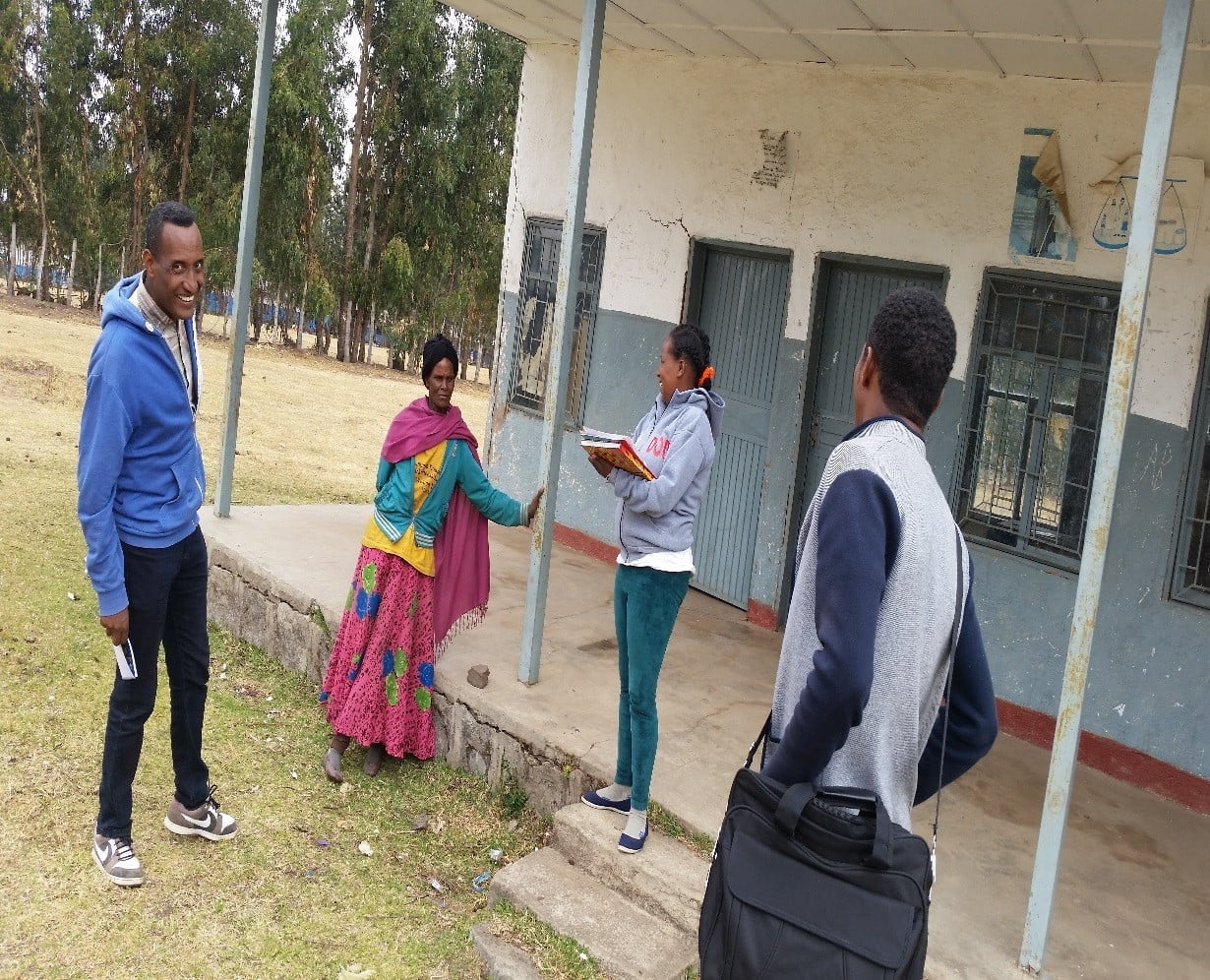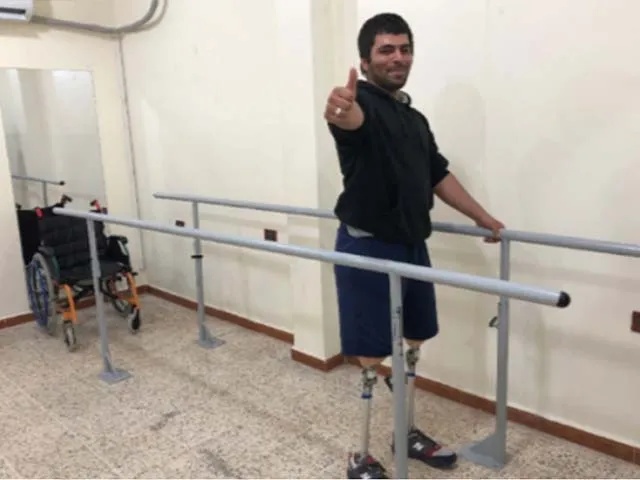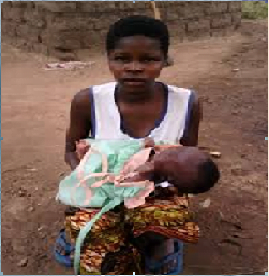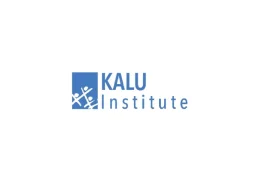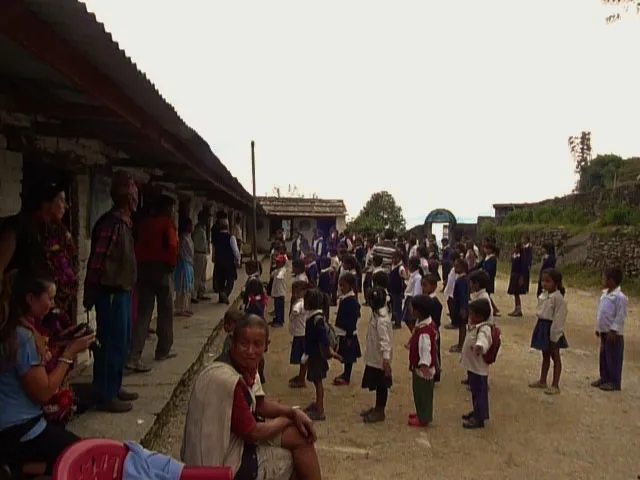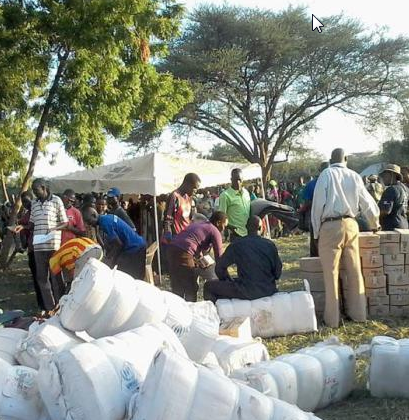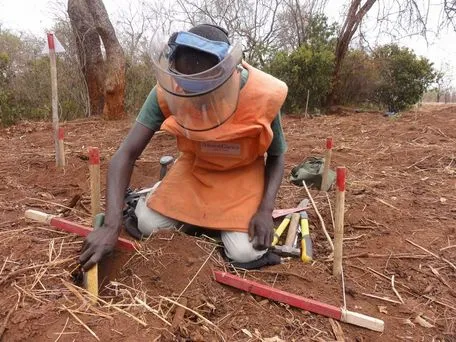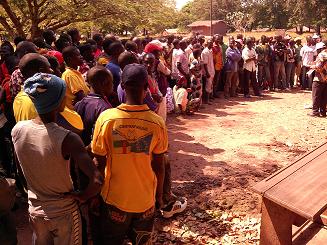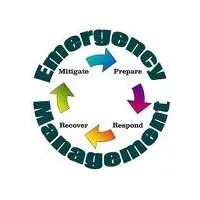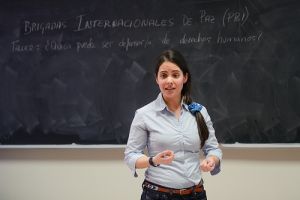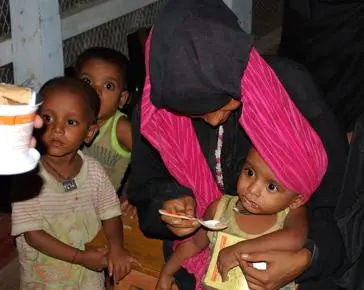
In a context where many western public opinions tend to be reluctant towards the way humanitarian aid is delivered, developing a better understanding of food aid diversion is essential to effectively and efficiently address the problem. If food aid diversion is quite documented at a macroscopic level, some specific aspects are less understood while, depending on the magnitude and severity of their recurrence, they can seriously impact nutrition programs’ effectiveness and credibility. This is the case of a particular type of aid diversion: the sharing, at household and community levels, of Ready-to-Use Foods (RUF) – special nutrition products that are given to specific target groups because of their extreme vulnerability. Understanding the mechanisms behind food sharing in specific contexts is critical in that the notion of sharing in general often appears as a deep cultural identity trait in many communities. This means that although it may pose serious nutrition programming issues when concerning RUFs and other food aid products, sharing also constitutes a social value that strongly binds people together, help them to be resilient in front of a shock and thus, should be preserved in other areas of what could be called the “living together”.
This work explores three main avenues for reflexion around RUF sharing at family and community levels:
- an attempt to clarify where we stand in terms of knowledge on RUF sharing practices through a short literature review on the topic,
- a sharing of what we learned from a specific field experience in Treguine refugee camp (Eastern Chad),
- and to conclude, a reflexion about what paths of action could be part of the way forward.
